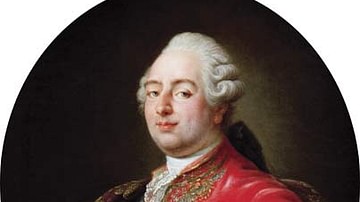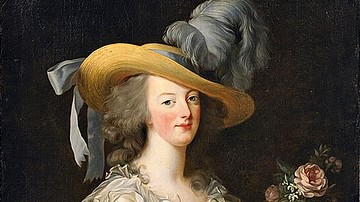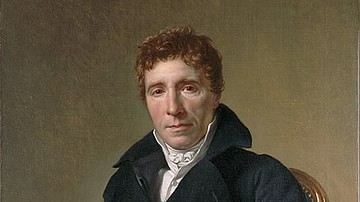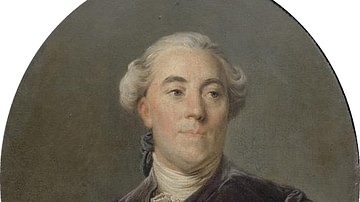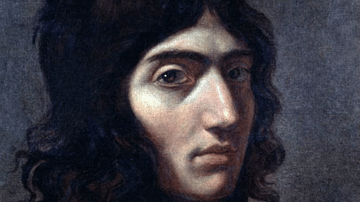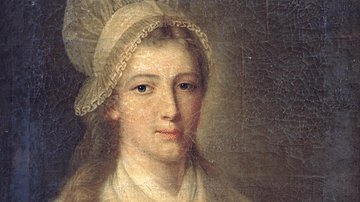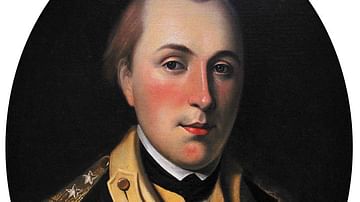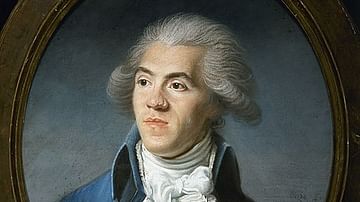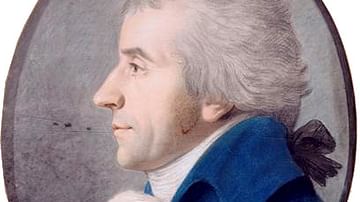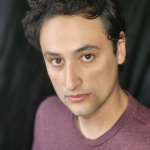The French Revolution (1789-1799) was one of the defining events of Western history. Triggered by economic troubles, political turmoil, and social inequality, the Revolution saw the French people topple their ancient monarchy, proclaim their natural rights, inaugurate a republic, execute their king, start a continent-wide total war, devolve into paranoia-fueled bloodshed, and, finally, fall under the rule of an emperor.
The revolutionary decade contained both moments of calm and chaos, moments of peaceful nation-building and barbaric violence. Through it all, there were key figures at the center of it, men and women trying to either lead the Revolution or kill it. While some of them were able to control the flow of the Revolution for a while, most of them would find that the Revolution was as controllable as a tidal wave; those who did not get out of the way in time were surely drowned. The major exception, of course, was Napoleon Bonaparte, who used his countrymen's revolutionary fatigue and his own personal magnetism to seize power in France in 1799, ending the Revolution of 1789 for good.
This collection contains some of the most important figures of the French Revolution. It includes Enlightenment Era thinkers, whose ideas greatly influenced the revolutionaries; members of the French royal family and some of the king's loyal ministers; Feuillants, Jacobins, and Girondins, the revolutionary factions who worked together to topple the monarchy only to tear each other to pieces during the Reign of Terror; and various other generals, political leaders, and assassins. While the protagonists of the French Revolution can be said to be the French people themselves, these actors certainly played major supporting roles in one of European history's greatest dramas.



